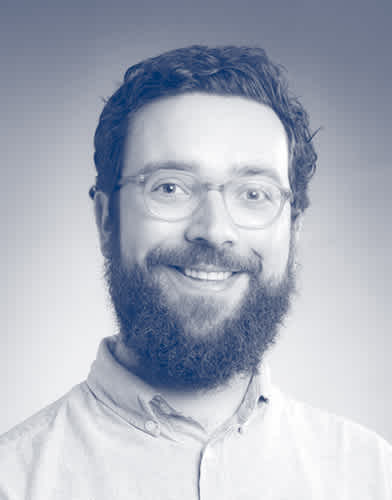- Home
- Research & Transfer
- Research Projects
- Climate, Climatic Change, and Society (CLICCS), Cluster of Excellence / Universität Hamburg
Climate, Climatic Change, and Society (CLICCS), Cluster of Excellence / Universität Hamburg
The Cluster of Excellence “Climate, Climatic Change, and Society” (CLICCS), based at Universität Hamburg, is guided by the overarching question: "Which climate futures are possible and which are plausible?" The GIGA contributes to the cluster in the central synthesis project and with its research on climate governance, the social construction of climate futures, and the interactions between climate change and conflict.
DFG, Excellence Strategy, 2019-2025
Team
Cooperation Partners
Head
Research Questions
CLICCS will explore climate change with broad expertise. CLICCS will investigate how the climate changes and how society changes with it, thereby feeding back on climate. Understanding these changes, including how societies adapt, will enable us to assess with far greater confidence than before the range of imaginable climate futures. In taking on this challenge, CLICCS is guided by the overarching question: "Which climate futures are possible and which are plausible?"
Contribution to International Research
The Paris climate agreement from December 2015 has provided a powerful impetus not only for climate policy but also for climate research. To address the resulting new challenges, the Cluster of Excellence “Climate, Climatic Change, and Society” (CLICCS) will establish a long-term program spanning the range from basic research on climate dynamics and climate-related social dynamics to the transdisciplinary exploration of human–environment interactions.
Research Design and Methods
Theme A – Sensitivity and Variability in the Climate System
Theme B – Climate-Related Dynamics of Social Systems
Theme C – Sustainable Adaption Scenarios
Each theme is structured into multiple projects adressing in a manageable way sub-objectives of each theme. A central synthesis project will distill the results on possible and plausible climate futures, from research in CLICCS and elsewhere, into an annual Hamburg Climate Futures Outlook.
GIGA researchers participate in projects of Theme B (Dr. Miriam Prys-Hansen: B1, B2; Dr. Christian von Soest: B3). GIGA President Prof. Dr. Amrita Narlikar engages in the central synthesis project.
Project B1: Social Constructions of Climate Futures
The objective of the project is to explore, how climate futures are imagined through communication and how these imaginations travel across different arenas of communication: local, stakeholder, and media arenas. Climate futures are debated across a variety of social and cultural contexts including science, politics, the media, and everyday conversation. While these different spheres of communication are somewhat distinct, they are also connected in ways that shape understandings, imaginations and solutions that are adopted to address climate change. Debates in different world regions are both rooted in local cultural contexts and are also globally intertwined. To explore how discourses of climate futures are constructed, it asks the following key questions:
- To whom do people in and across various communicative arenas attribute responsibility for actions to address climate change?
- What kind of actions do they advocate for and reject?
- How are imaginations of possible and plausible climate futures socially and culturally constituted and embedded in broader visions of the future and in belief systems?
Project B2: Dynamics of Climate Governance: Norms, Contestation, and Policies
The next few years of climate governance-in-the-making are critical: observing them closely allows us to identify and assess key drivers of long-term social trends towards or away from decarbonization, which form – individually and through their interaction at different governance scales – the backdrop of possible and plausible scenarios of future climate governance. The effectiveness of this process will crucially depend on the practice of the upcoming global review-resubmission cycles of the Paris agreement (2018-20 and 2023-25) and the local implementation of Nationally Determined Contributions (NDCs). The project addresses both. It will focus on the following key drivers:
- The (in)capacity of the UNFCCC to align the expectations and preferences of heterogeneous actors
- The effects of regional norm conflicts and contestations on energy security and climate justice
- The social and political dynamics of policy-instruments that shape NDC formulation and implementation.
Project B3: Conflict and Cooperation at the Climate-Security Nexus
The Project explores the climate–security nexus of interactions between climate change and dynamics of insecurity, such as social instability, threats to physical safety or violent conflict. The impact of extreme weather events on human security and social stability, linkages of climate-related water and food insecurity with migration and conflict events, as well as new geostrategic landscapes emerging in regional “climate hot spots” all showcase increasingly complex climate-security interactions. How societies respond to these interactions has repercussions for the possibility and plausibility of climate futures, which in turn affect security dynamics. To investigate the diversity of climate-security interactions, the project asks:
- How are climate and security challenges interconnected in complex crisis constellations?
- How do different societal groups and core actors deal with climate-change related security challenges and how do they imagine and prepare for the future?
- What effects do the identified social coping strategies and practices have for the emergence of specific plausible and possible climate futures?









